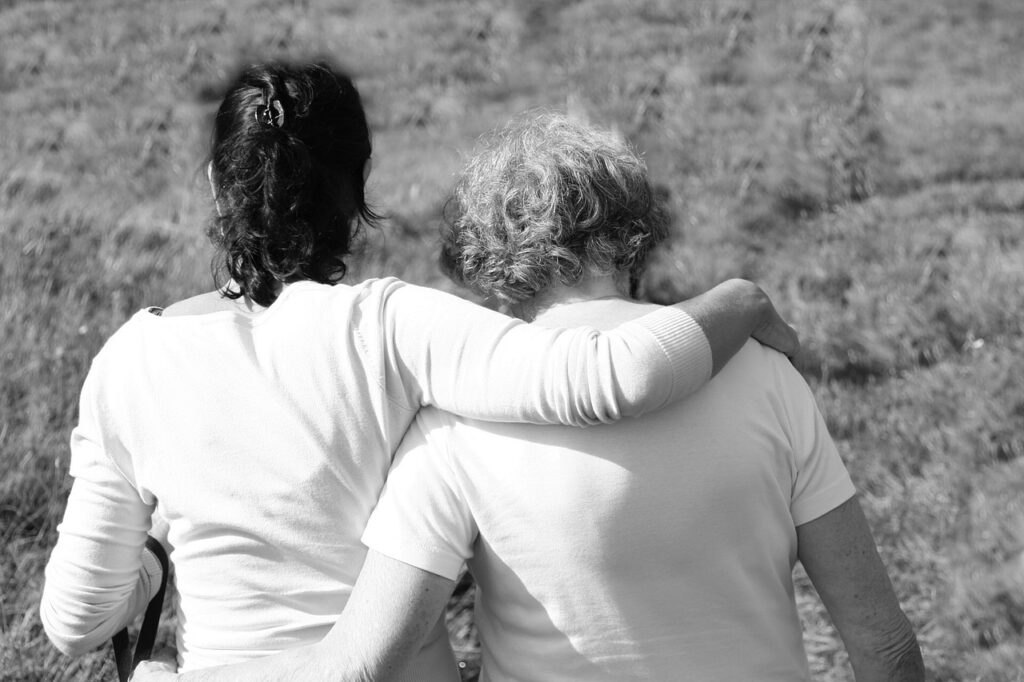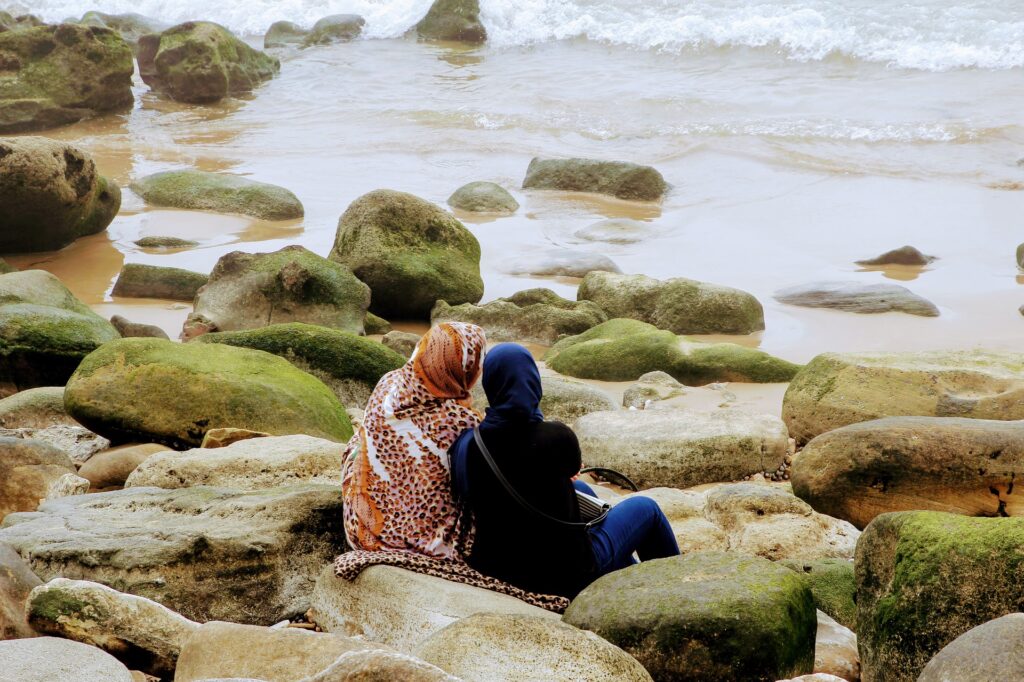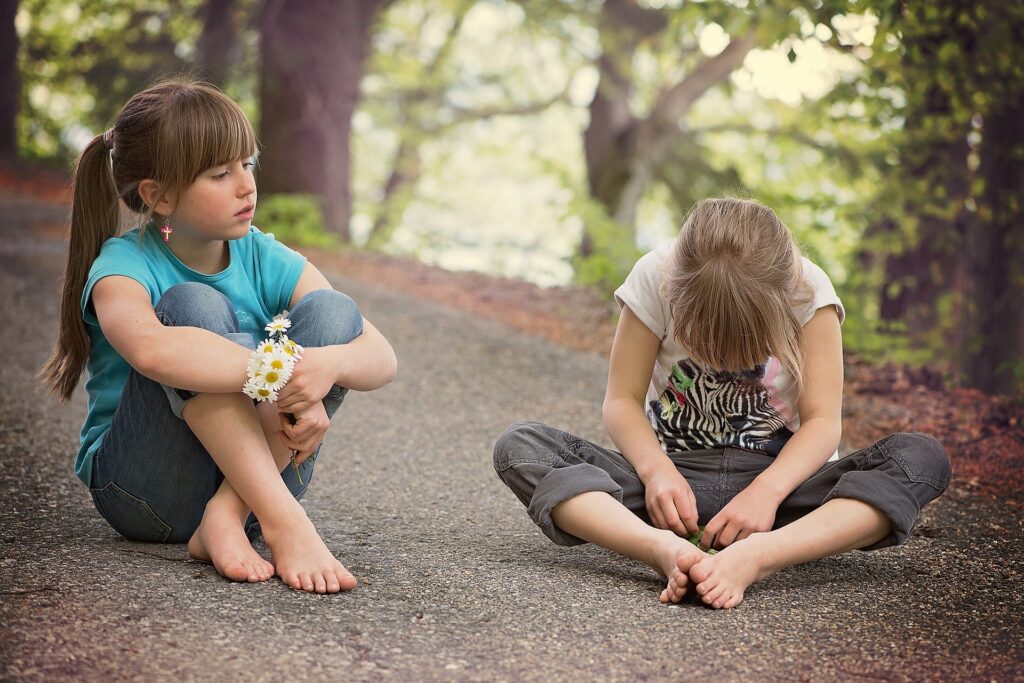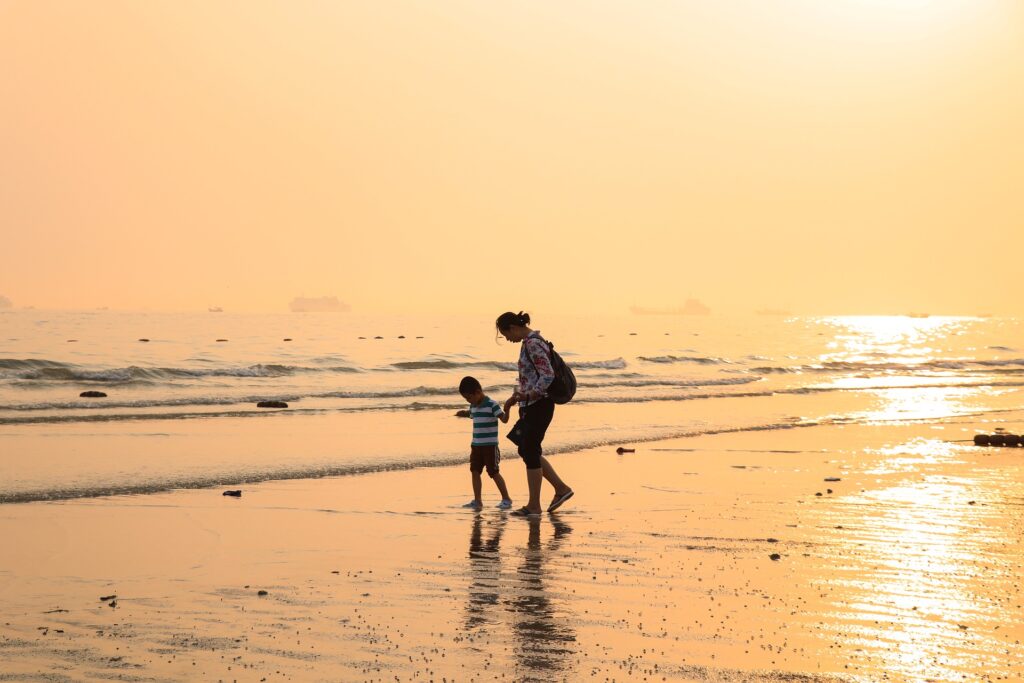Last year Oasis was 25 years old. Our Fundraising Manager Loukia Michael looks at the history of refuges for women, our important work and why this milestone wasn’t a ‘celebration’ but more a reminder that our work is as vital now as it was when we launched in 1994.
I don’t want to say we ‘celebrated’ our 25th birthday because ‘celebrate’ feels like an odd word to use when we are talking about spending 25 years working to keep women and children safe from serious emotional and physical harm and – sometimes – death, at the hands of someone who was meant to love them. But we ‘marked’ our 25th anniversary and I suppose we ‘celebrated’ it by being chosen as Kent’s Charity of the Year at the Kent Charity Awards.
That award meant a great deal to us, both as recognition of how hard our staff work to support families in the most horrific circumstances, and as a celebration of the bravery of those families, those women and children who have had to flee their homes and seek refuge with us.
We think about how the refuge movement started and we are humbled and proud and amazed at how far we have come. We are also saddened by how far there is still to go.
In the early 60s and 70s, women’s liberation groups were looking for practical solutions to issues faced by ordinary women, and one group set up a small women’s centre in a house in London. Through this centre, the realities faced by women in abusive relationships were uncovered and the first women’s refuge, Chiswick Women’s Aid, was opened in 1971 by Erin Pizzey, starting a worldwide movement.
By 1977 there were over 150 refuges in England and Wales and there are now more than 500 refuges in the UK.

The first refuges were not a planned and ‘professionalised’ intervention but a radical solution to a problem. They were houses for women and children with nowhere else to go and in fact they were overcrowded and often in breach of environmental health regulations as a result. Erin Pizzey said she would turn no women away until there were enough refuge spaces and in this way she gained publicity and notoriety for the cause.
What we have to remember is that at this point in time, domestic abuse was seen as a private matter, not seen as an issue for the police but something to be dealt with behind closed doors. You didn’t wash your dirty linen in public. If the police were called at all, they might say ‘It’s just a domestic’. The early refuges forced domestic abuse out of the shadows and their very existence provided evidence of need. Refuges are now seen as an essential part of our social safety net.
Last year we supported 56 women and 60 children in our refuges. Every single one of them came to us because it was not safe for them to remain at home. Often, they arrive with only the clothes they are wearing.
The women have suffered for an average of 4 and a half years before accessing support and so for many of the children, a life of fear is all they have ever known. Initially, there will be a huge sense of relief –‘ we are finally safe’. But although coming to refuge is a huge and decisive step it is also the beginning of another journey. The road to recovery can be long and hard.
Coming into refuge means leaving everything you own. We provide women and children with clothes, toiletries, cooking utensils, and bed linen…we have seen women and children move on into accommodation and they don’t even have a cooker or bed. We are so thankful for donations from our community which mean we can give our clients the absolute basics. There is no other help with this.

Last year our outreach workers also supported 630 women in the community around 300 of whom were high-risk victims. Again, donations have meant that we can pay for things like Dash Cams which not only keep women safe but also allow them to gather the vital evidence that could secure a conviction of the perpetrator.
And what about the children? A major development in the refuge movement since its inception in the 70s has been a growing body of research into the impact of domestic abuse on children – and, in response, a focus on providing professional and specialised support for those children.
That children are traumatised by domestic abuse is beyond doubt. It is estimated that in 90% of domestic abuse incidents, the children are in the same or the next room. We have been talking for years about children witnessing domestic abuse. But actually, children don’t witness abuse – they experience it – and that is a really important distinction.
Children’s trauma is something we see every day and it takes many forms. Maybe a child is very anxious. Maybe they come across as aggressive or – in inverted commas – ‘difficult’ or ‘naughty’ and maybe underneath those labels is anxiety or fear. Children are frightened. Children can wet the bed, they can have nightmares, they can be ‘clingy’ to their mum and seem young for their age.
Equally, children affected by domestic abuse can seem old for their age. Perhaps they feel responsible for keeping mum safe, perhaps they skip school because they are scared that their mum will be hurt while they are at school…or worse.
What we know is that the trauma doesn’t go away. A child might be able to bury their feelings and go on to be a high achiever but still carry the fear and anxiety inside them. Another child might experience mental health issues that lead to substance misuse and even prison. What we know is that without intervention, children carry the weight of their early experiences into their adult lives and the more time passes, the harder it is for them to unpick what has happened to them.

Last year our young people’s team offered one to one mentoring to over 100 children and young people and delivered educational sessions in schools to a further 664 children. We don’t get any government funding for any of our work with children and have to raise it all ourselves. We couldn’t do it without the donations and fundraising that happens in our community.
But we know that education is key if we are to break cycles of abuse that can last for generations. The early refuges started the work and they started the public conversation and we have come a long way since then but there is still far to go because 1 in 4 women will still suffer domestic abuse at some point in their lifetime and 2 women a week are still murdered in the UK by a former or current partner.
In 2015 ‘coercive control’ became an offense in law and this shows how far the conversation has come – from tolerating what goes on behind closed doors, to understanding that domestic abuse need not be physical but can be psychological, emotional or financial, to criminalising the sustained pattern of behaviour that is fundamentally about power and control. We support many women who have never been hit but have nevertheless been abused for years.
We speak a lot about the terrible impact of domestic abuse, about how the effects can last for years. But we must also speak about hope for the future, about the inspiring women who it has been our privilege to work with, walking beside them for a while as they seek a better future for themselves and for their children.
Because there is life after domestic abuse.
We are really proud of our Blossom project which is a programme helping women to gain work experience and improve their employability so that they can be truly independent. Women can gain experience in our charity shop and we also train women as peer mentors so that they can use their experience to help other women like them.
Several of our staff team, including senior staff members, have actually lived in refuge. They have the unique insight of lived experience and they demonstrate every day what is possible once a woman takes the first step of leaving.

Let me end by telling you a story, a story about a woman we will call Abby. Abby was a community client of ours and she had suffered some physical abuse from her husband. He was also very controlling and had psychologically abused her for years. Abby had no confidence left at all, her self-esteem was in tatters.
Nevertheless she was determined to see the prosecution of her ex-husband through for the sake of her young daughter. The worker that supported her through court arranged for staff from our charity shop to give Abby a personal shopping experience and she was so boosted by it and felt so confident in her court suit that it carried her through.
Sometimes something that seems quite a small thing makes the most enormous difference to someone at rock bottom. Some help choosing outfits in a charity shop probably doesn’t seem like much to most of us. But if you have been told that you are worthless for years – if you believe you are worthless – then these small acts of kindness can be transformational. And women tell us again and again that they will never forget what we have done for them.
We could only help Abby in this way because people donate their clothes to the shop and volunteers give their time. We are so grateful to everyone who supports Oasis.
If you would like to support our work, please donate today. Or contact Loukia to discuss how you can become involved with raising money for us.
Get support
Call our helpline on 0800 917 9948 (Monday, Tuesday, Wednesday 09:30–11:30am, 12:30–2:30pm
Thursday and Friday 09:30–11:30am, except bank holidays) or email helpline@oasisdaservice.org (if it’s safe to do so)
If you or your family are in immediate danger please call the police on 999 (if you can’t speak, cough or tap the handset then press 55 on your phone – the police will know it’s an emergency)
In a non-emergency situation, you can call Kent Police on 101.
*All images used on this website are representative. All names are anonymised for people’s safety.

